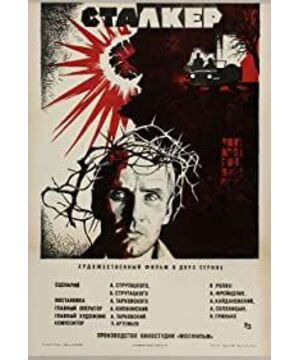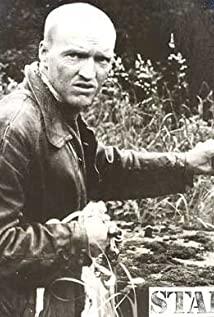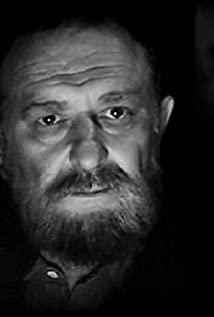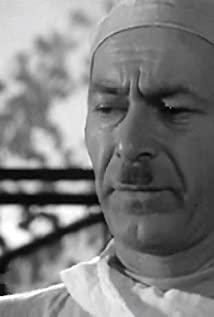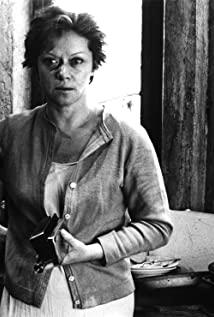Poetic shots aside, Andrei Tarkovsky's "Stalker" has a surprisingly simple storyline: a stalker leads two people codenamed "Writer" and "Professor" to a place called "The Zone". Off-limits, look for a "room" that is said to fulfill your wishes. Similar to "Three Kings Winning Gold" and "Notes on Tomb Raiders", this is a story of "treasure hunting".
In terms of story structure, most stories about someone going somewhere to do something follow the convention of tracking the story. In a quest, the seeker sets off for a destination for some "claimed reason" - gold, a huge sum of money, or Aladdin's lamp. During his journey, he encountered various challenges and tests, and finally got some unexpected gains. arouse the viewer's curiosity.
The real reason for the search is never the purported reason. Thomas Foster writes in his interesting literary instruction manual: "Seekers pursue a purported mission, erroneously thinking it is the real mission. But they often fail to accomplish the purported mission. What really matters is The problem is not knowing enough, the problem is themselves. The real reason to seek is always to know yourself.”
In The Three Kings of Gold, three soldiers go out to find a piece of gold that Saddam Hussein hid in Iraq. They did find it, but returned the gold to the locals who suffered in the war. In "Three Kings Escape", the three escaped prisoners are also looking for a huge sum of money that does not exist - of course, they did not find it in the end.
The same goes for the Stalker story. In the end, the three people standing at the door of the "room" hesitated. They were suspicious about entering the "room", so they just sat on the floor by the door and peeked at the "room". Since they didn't go in in the end, why did they go in in the first place? Why do we still want to read this story about failure and what is the point of it?
In an interview, Tarkovsky pointed out whether the "room" itself can realize people's wishes: "We don't know whether this house of wishes is real or just a stalker's fantasy. To the filmmaker-- To me, both are fine for every understanding. This one doesn't affect (the film's) main thesis. What matters is that the other two travelers didn't enter the 'room'."
This is in line with Thomas Foster's point that it doesn't matter if they get what they want. What matters is that they embark on a journey of quest, and at the end of the journey awaits them the ultimate revelation of self-knowledge. . From this perspective, the "room" is essentially a mirror, a mirror that reflects humans. It achieves its purpose without fulfilling any specific desire.
There is, so to speak, only one thing in the "room," and that is the question of human worth: What is your heart's most sincere, instinctual, and painful longing? The "room" asks questions from the visitor. The different answers to this question in turn define the essence of each person, who he is and what he wants. This question will ultimately lead us to the ultimate enlightenment.
Tarkovsky didn't want to give the characters in his stories a specific name, calling them by general titles like "Stalker," "Writer," and "Professor." While he admits in the interview that the three characters represent a part of himself, that doesn't mean he's just manipulating the image to make a logical argumentative proposition. The most important thing is always the story and the characters. Otherwise, what's the difference between a film and a paper?
It is said that the three figures represent "religion", "art" and "science", and their journey in the "Zone" is the scene of the quarrel among the three. This is clearly taken out of context, and rightfully so. The lens of the film always focuses on each character and their past. Numerous close-ups deliberately allow the audience to experience the characters' subtle emotions and every move. They are also independent and willful. personal.
Rather than pretending to be complex abstractions, these three characters represent the three natural positions and choices humans have when confronted with a "room." Let's put ourselves in and imagine what you would do if you were standing at the door of the "room". Will you go right in? What if your wish doesn't come true? What if someone else's wishes are contrary to yours? If you don't know what your wish is?
The "professor" is faced with the question: what if everyone believed that this "room" could fulfill their wishes? What would happen if they swarmed? No stalker will know who he will take to the "room" or what kind of demands they will make of the "room". What if the "room" is used by the wicked? So he wanted to blow up the "room", he refuted the "room"
View more about Stalker reviews


